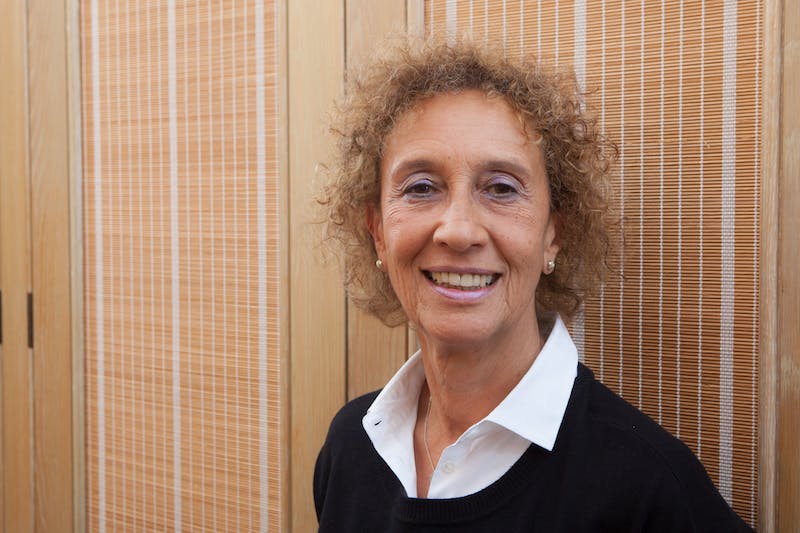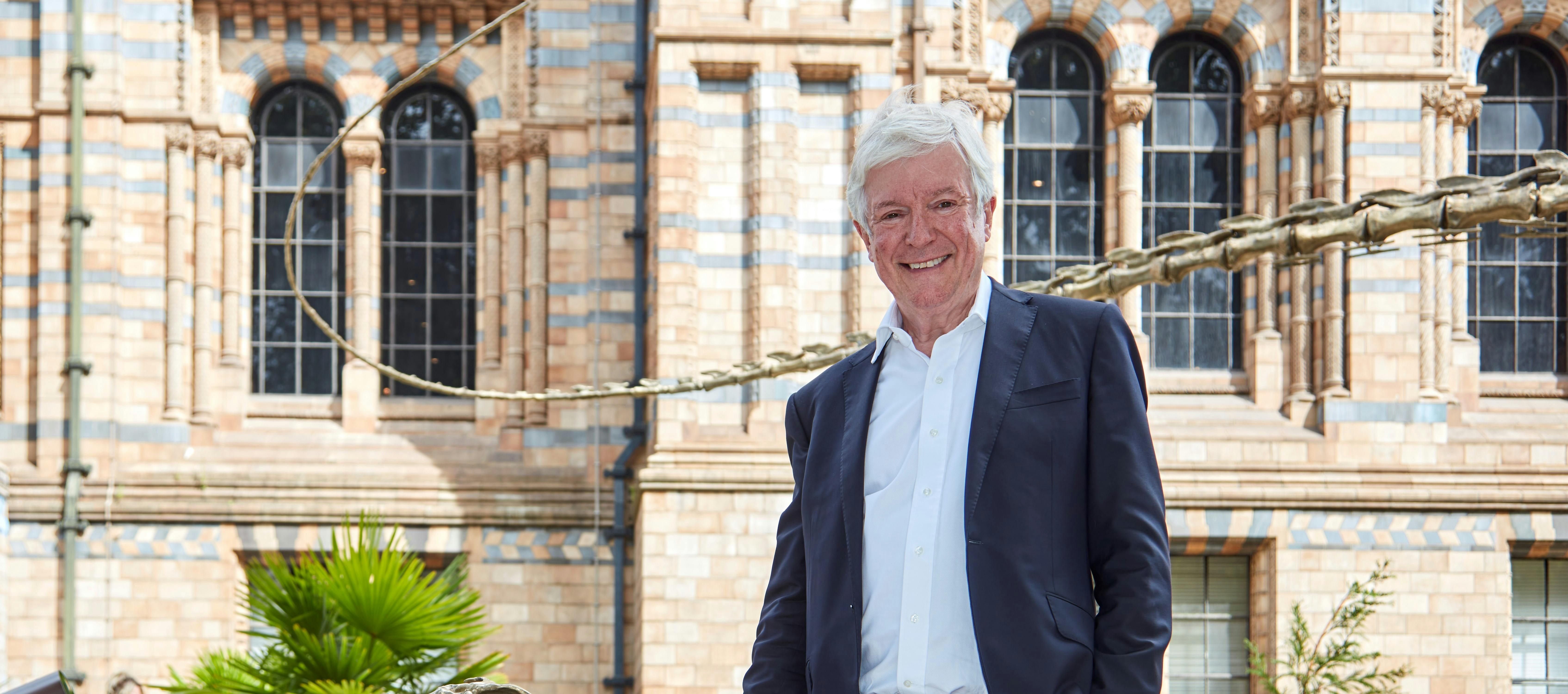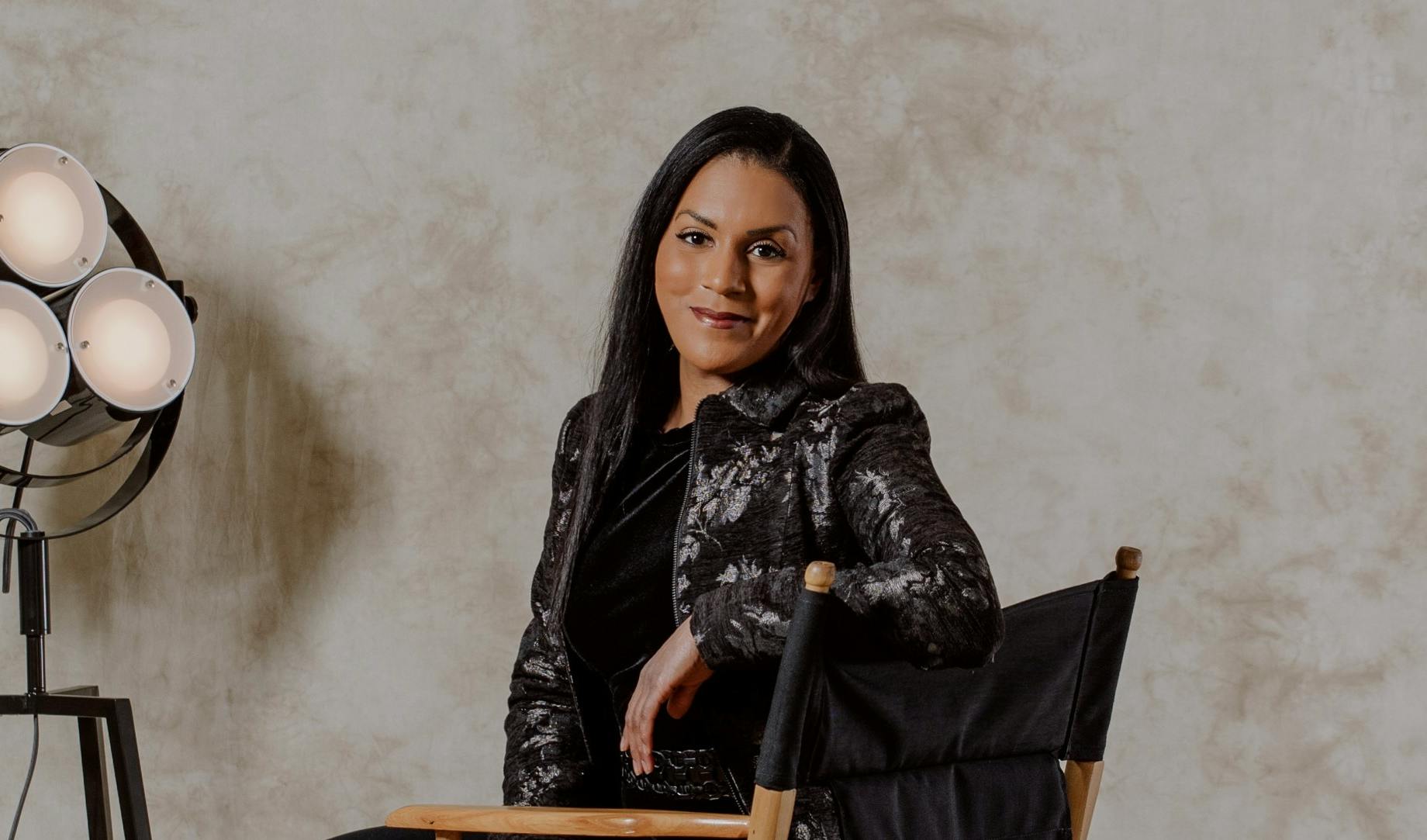
How to sit on a third sector board | Sue Woodford-Hollick OBE, Former Board Member for AMREF, Former Chair of Arts Council England - London and Co-Founder of GiveBLACK
Susan Boster, CEO of Boster Group, sits down with Sue Woodford-Hollick OBE to discuss the difference between corporate and third-sector boards, the challenges facing charitable organisations and the social responsibility of board members to engage in philanthropy.
Sue Woodford-Hollick OBE is a businesswoman and consultant with wide-ranging experience in broadcasting and the arts. She is a former Investigative Journalist and Current Affairs Producer for Granada Television and Founding Commissioning Editor of Multicultural Programmes for Channel 4.
Sue spent nine years as chair of Arts Council England - London. She has also chaired and been a trustee of numerous arts organisations, including Tate Members, Index on Censorship, Talawa Theatre Company, the Theatre Museum, Complicite and Free Word. In addition, she served for many years on the international board of AMREF, Africa’s largest health NGO, based in Nairobi.
She is currently an Ambassador for the human rights organisation Reprieve, a Patron of the Stuart Hall Foundation and a Trustee of Music for my Mind, the Southampton Culture Trust and the Hollick Family Foundation. She is also a passionate supporter of Chineke!, Europe’s only majority Black and Minority Ethnic Classical Orchestra, and was the founder and co-owner of Little Garden Day Nurseries, a London-based childcare company which she sold in 2020.
More recently, Sue co-founded GiveBLACK, a group of four prominent Black female leaders who aim to galvanise Black philanthropy and charitable giving in the UK. Their first report, ‘Valuing the Philanthropic Pound’, was recently published in June 2022.
Sue was appointed an OBE in 2011 for services to the arts.
What boards do you currently sit on, and which have you been on in the past?
My most significant appointment was chairing the London region of Arts Council England, a role that I held through several reinventions of that board. Other chairships include Index on Censorship, Tate Members, London Arts Board, and AMREF (African Medical Research Foundation) UK. I have been a Trustee for several organisations in the performing arts, including the ENO, Talawa Theatre Company, and Theatre de Complicité. I am proud to be a Founding Trustee of Music for my Mind, Free Word, and the Hollick Family Foundation. I have recently reduced the number of my trusteeships and become an Advisor instead, but I still sit on the boards of the Southampton Culture Trust and the Hollick Family Foundation.
What are the key differences between your experiences on corporate boards and third-sector boards?
Having served on both, I now try to avoid corporate boards – I often found them less rewarding and, unless they are exciting start-ups, less interesting. On both kinds of boards, there is frequently a shocking lack of diversity and there are certainly fewer women on corporate boards. Equality, diversity and inclusion based on talent are key ingredients for any dynamic and high-functioning organisation and board. In my experience, third-sector boards do not always have as strong governance or oversight as corporate boards.
What are the key qualities of a good board member in the arts and charity sectors?
I think you have to have skills and talent to share and be prepared to speak out and speak up; I am very against 'group-speak’, it’s essential to speak your mind. Turn up to meetings! It sounds basic, but a lot of people don’t turn up. And read the board papers in advance, otherwise you can’t contribute. Sounds obvious, but you need to be prepared to learn, listen and contribute based on [your] skills and knowledge. Lastly, you need to understand and be passionate about what the organisation does and is trying to achieve. If you’re on a dance board and don’t like dance, you won’t be able to give it your best [effort]. You need to care about what the organisation is doing.
Likewise, in the leadership of anything you need to identify what is in the common interest. Even if a member of staff doesn’t agree with a particular decision, they should recognise that the overall good of the organisation and its staff are being promoted.
What is the most unexpected lesson you have learned from your experience on third-sector boards? How have you used it for Non-Executive and similar positions?
I have been quite amazed by how important a well-functioning, high-level board can be, and how much influence strong board leadership can have on the success of an organisation - a good Chair is gold dust. A board is not just there to rubber stamp. Well, maybe the worst ones are, but an engaged board can add huge value to an organisation.
A proper board induction is also important. Too many boards expect people to turn up and contribute, but first, you need to know what’s going on, meet the staff, spend time in the building, see the work of the organisation and go to their events.
What is the biggest challenge your charitable organisations are facing right now?
Funding cuts, financial instability and making equality, diversity and inclusion a reality throughout the organisation rather than just an agenda item. Finding high-quality board members is also a challenge since COVID - many charitable organisations are going to close or struggle to find staff and new funders as a result of COVID. One of the main reasons we have founded GiveBLACK and published 'Valuing the Philanthropic Pound' - Britain’s first ever report into Black philanthropy and charitable giving - is to galvanise identity-based philanthropy by ensuring Black donors are recognised as a vital source of financial support for Black communities and wider society. Black communities continue to suffer disproportionate social and economic hardship, made worse by COVID.
When have you gotten it wrong and what did you learn?
Not having a proper recruitment process. If you don’t have a strong governance structure, you can go through board recruitment and appoint trustees who turn out to be the wrong fit or ineffective. Once someone has joined a board, it’s hard to sack them. Make sure that appointments are for a fixed term which can be renewed, or not. Have a skills audit of the board and update it regularly.
You need to ask yourself how much time you can give to a volunteer board – there have been periods where I have not necessarily had enough time, and that tends to backfire.
What is your advice to someone joining their first board in any sector?
Be clear that you know exactly what you’re taking on, including your legal responsibilities. Do thorough due diligence on the organisation you plan to join. Scrutinise their accounts and don’t accept a position just because you’re flattered to be asked – make sure you have the skills they require. Ensure you receive a proper induction and keep reasonably quiet for the first 2 meetings to observe the lay of the land. After that, speak up and speak out! Personally, I refuse to join a board where I will be the only woman or the only person of colour. I want to be there because I have the right skills, not because I am ticking a box. Overall, give your time generously and try to do your job as well as possible and you will enjoy the experience, and give and learn an enormous amount.
In addition to serving on boards, you are a significant donor and philanthropist whose recent initiatives include ground-breaking work like GiveBLACK. Why choose to be a board member in addition to providing financial support?
I served on boards for a number of years before we set up the Hollick Family Foundation and I became one of the trustees, so the two roles came together naturally. I knew about the charitable sector through my board work in the arts, human rights and international development and had always donated as a board member. I was often the board member asked to help the development and fundraising teams. GiveBLACK is a new initiative, but it has also grown naturally out of my board work. We plan to bring Black philanthropists, community organisations, fundraisers and charitable organisations together to raise the profile and increase the size and impact of Black giving. Black Britons have a strong history of giving and volunteering through churches, mosques and community organisations, and a tradition of supporting extended family members, but it has remained largely hidden until now. Many black-led organisations feel overlooked and excluded from applying for large sources of funding. We want that to change. One of our key recommendations is the founding of a Black Institute of Philanthropy.
What do you see as the role of board members in donating or fundraising?
Board members can and should play a vital role in both. I firmly believe everyone around the board table should give according to their means - and ‘giving’ can be ‘in kind’ as well as financial. This sends a strong message to the organisation that everyone on the board is engaged and supportive. I don’t agree with boards that appoint directors because of their perceived bank balances, but I do think that board members prepared to share their rich networks and contacts can be very helpful.
Susan Boster is the Founder and CEO of Boster Group Ltd., an award-winning consultancy specialising in the development of innovative partnerships between global corporations, cultural institutions and social impact foundations. Current and recent clients include Disney, Meta, Gap Inc., Moët Hennessy, J.P. Morgan, Bacardi, EY, Goldman Sachs, Montblanc and the Leverhulme Trust.
Previously, as Marketing Director at Barnes & Noble and later CMO at News International, Susan oversaw the transitions of both companies to e-commerce and digital platforms, including the launch of barnesandnoble.com.
Susan currently sits on the boards of the Design Museum - where she chairs the Enterprise Committee - The Representation Project, and the Donmar Warehouse. She previously served two terms as Vice Chairman of the Board of the English National Ballet. Susan is regularly featured as a moderator and keynote speaker at conferences such as the World Economic Forum in Davos and the CognitionX Festival of AI and Emerging Technology, and she is a Consultant Lecturer at Sotheby’s Institute of Art.






